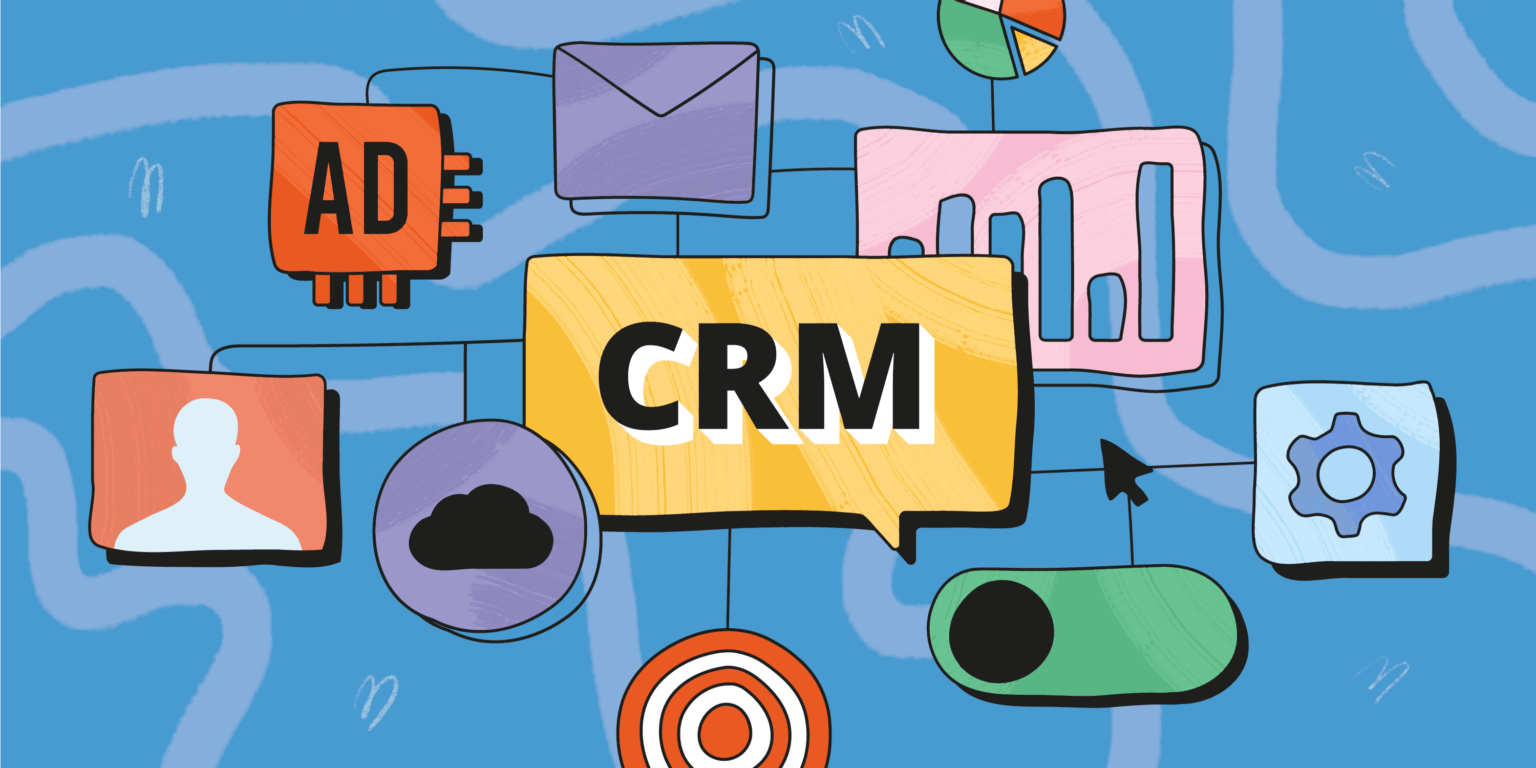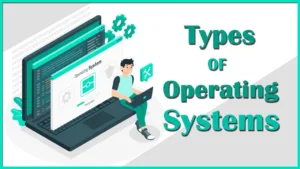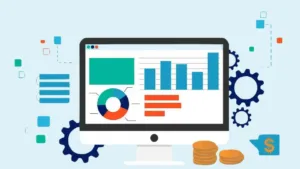CRM stands for customer relationship management, which is very essential for the growth of the business. Customers are the kings in the market; they purchase what they think is useful for them. CRM is the heart of every business in the world of producers. This helps to improve the lead ratio and, if used accordingly, can make a business grow very fast. Customer service offers a wide variety of options. These options vary in different software, which makes entrepreneurs confused. They can’t choose the best CRM for their business.
We are writing this blog to solve the problem of entrepreneurs. We are creating a list of the top 10 CRM software, covering such aspects as:
- General platform description
- Key functionality blocks.
Top well-known customers are using the best CRM software.
After this article, you’ll see your problem getting solved by choosing CRM software. In this article, we are going to discuss the current marketing state so that you can have a better understanding, which will assist you in choosing the right CRM software for your business.
Top 10 CRM Software Solutions in the World:-
1. Zoho CRM (4.5)
This software provides an extensive suite of SaaS software for business purposes. Zoho stands out from other CRMs. Zoho comes with Zia, an AI-powered analytical engine that helps spot sales and other anomalies. This CRM comes with Canvas, which is a Dragon Drop interface editor. And like the features they provide, Zoho CRM is priced on a long-term basis.
Who is it for?
For every business, Zoho CRM has a lot to recommend. It’s practically a no-brainer if you already use other Zoho products. You’ll only get more features with a more polished UI from Salesforce. Anyway, if you’re interested in the Zoho suite but you’re afraid of the features of the Zoho CRM, consider Begin by Zoho, a lightweight CRM designed specifically for small businesses.
Pros
- It provides a deep feature set.
- It is nearly customisable, in particular with the Canvas Builder.
- This software provides a flexible artificial intelligence layer at higher price levels.
- It comes with integrated gamification features.
Cons
- Doesn’t provide a steep learning curve.
- Advanced features are only accessible at higher rates.
2. Hubspot (3.5)
Hubspot is easy-to-use software. It is a hybrid tool that combines CRM with marketing and helps with desk capabilities. This union might make it more compelling to some businesses than other standalone offerings, even if its CRM feature set isn’t quite as rich. It’s also a testament to its ability to launch teams quickly, usually within several weeks.
Who is it for?
HubSpot could be a good option if you start with CRM and want to incorporate marketing and service tools into it. It means that your teams will not have to switch between different tools because of its integrated approach. First, make sure you’ve got a budget because HubSpot is expensive.
Pros
- Provides a robust feature set.
- A free version is also available.
- New support for integrated payment processing is also featured.
Cons
- Some common features are available at higher prices.
- Some features have a learning curve.
3. Salesforce
Salesforce is a widely recognized and highly regarded CRM software that offers a comprehensive suite of tools for sales, marketing, and customer service. It is known for its powerful features, flexibility, and extensive customization options, making it a popular choice for businesses of all sizes.
Who’s it for?
Salesforce is ideal for businesses seeking a robust and scalable CRM solution that can handle complex sales processes and integrate with a wide range of other business applications. It’s suitable for companies of all sizes, from startups to large enterprises, that want to leverage advanced features to drive growth and improve customer relationships.
Pros
- Comprehensive Features: Salesforce offers a wide range of features for sales, marketing, and customer service, including lead and opportunity management, campaign management, and customer support.
- Highly Customizable: The platform allows for extensive customization, enabling businesses to tailor it to their specific needs and workflows.
- Integration Capabilities: Salesforce integrates with a vast array of third-party applications, including email, social media, and other business tools.
- AI-Powered Insights: The platform includes Einstein AI, which provides predictive insights and automation to enhance decision-making and efficiency.
- Robust Reporting and Analytics: Salesforce offers advanced reporting and analytics tools to help businesses track performance and make data-driven decisions.
Cons
- Cost: Salesforce can be expensive, especially for smaller businesses or startups, due to its pricing model and additional costs for add-ons and integrations.
- Complexity: The platform’s extensive features and customization options can be overwhelming for new users and may require significant training and resources.
- Setup Time: Implementing and customizing Salesforce can take time, particularly for larger organizations with complex needs.
- Learning Curve: Due to its depth and breadth, Salesforce may have a steeper learning curve for users who are new to CRM software.
4. Zendesk Sell
Zendesk’s roots are in help desk software, but it’s evolved into CRM. This results in close integration with Zendesk for Services, and its features are very much focused on assisting help desks to users, compared to some other CRM. However, sufficient features can serve as a general-purpose CRM for any organisation or business.
Who It’s For
If you are already a customer of Zendesk, that’s probably the CRM for you. If the main use case is a help desk, you should also look into it. By contrast, if you need features of marketing automation beyond service support, it would be wise to seek another solution.
Pros
- Provides very good integration with Zendesk’s help desk software.
- Its explorer feature is useful for reporting options.
- Features easy onboarding and group making.
- Its smart list is very useful.
Cons
- Its price gets high above the lowest tier.
- Features limited pipelines even after having a pricey tier.
- No basic email or template edits.
5. Less Annoying CRM (4.0)
This software is best for startups. The less annoying CRM is a low-cost, fully automated system for small businesses and sole proprietorships. proprietorships. It offers a good range of essential features, together with flat-rate pricing, which is the cheapest of all the products we tested. The key selling point is the ease of use, which appeals to companies with limited experience in CRM. Its interface is simple and easy to use.
Who is it for?
Budgetary companies should take a look at Less Annoying CRM, but it’s also a good choice for businesses that want a stripped-down, easy-to-use CRM that doesn’t require a lot of complicated configuration and setup. Be aware that the simplicity of its design means it is less feature-rich than more business-ready solutions. For example, Less Annoying’s reporting functions are rather weak compared to more advanced systems.
Pros
- One affordable plan is plan is available here.
- Provides plenty of support and other help options. Looks great on the phone the phone
Cons
- Limits reporting capabilities
- can’t add dedicated leads to the software.
6. Creatio CRM(4.0)
Sales Creatio changed its name several times over the years, but it’s still a top CRM option. They have a specialisation in larger sales organisations and are well-equipped to meet their requirements. Creatio offers tools to manage business processes, BPMs, marketing automation, automation, and help desks that allow customers to achieve multiple goals at the same time.
Who’s it for?
To meet the basic standard of the sales force in any sized firm, Sales Creatio is more than capable of scaling the profit. However, it is quite complex, and this complexity could create problems for small organisations with less costly needs. However, Creatio gives fewer code development tools and offers almost limitless customisation if you have special needs and are prepared to leap.
Pros
- It is a multifaceted, multifaceted, highly customisable business syrup.
- Roots with solid CRM functions.
- Creatio CRM helps SMBs streamline processes.
Cons
- It has a very short trial period.
- Heavy feature set
- Customisation can be daunting at the outset.
7. SugarCRM (4.0)
It offers the best customisation. SugarCRM’s significance is that it’s one of the earliest players in the CRM field, starting as an open-source project. That’s why it’s the most developer-oriented CRM. You can edit every module, portal, and report. This means you will be able to extract every last benefit from your CRM with a little effort.
Who’s it for?
SugarCRM can show you how to get it if you know what you want from the CRM. The trade-off is complexity. Support may be needed by large organisations wishing to implement a comprehensive system. And many SugarCRM options can confuse smaller organisations that just want to get up and go. Choose a more SMB-friendly product, then.
Pros
- Provide a deep feature set
- Have AI-powered data analysis
- Useful Dashlet reports are also featured.
- Tightly integrated with help desks and marketing platforms.
- Gives developers tools for customisation.
Cons
- It is too complex to require a significant learning curve for new users.
- Stodgy list-based UI
- Expensive, especially at the higher pricing tiers.
8. Apptivo CRM(4.5)
AAP is best for small businesses and can be subscribed to at an affordable rate. It features a highly customisable platform that provides a one-stop solution to all the software needs of your business. Apart from these essential functions, this CRM also features tools for accounting, planning, and project management tasks. Apptivo is easy to use and supports Android and iOS systems.
Who’s it for?
It is best for those companies that want to run every aspect of their business with one app. If you are one of them, you are going to appreciate what Apptivo is offering. Unfortunately, this CRM software has a short list of third parties involved in its creation, so if you have ever used other accounting software or project management software, you will find yourself importing data from one to another.
Pros
- This software provides a comprehensive feature set with many custom options.
- Facilitate 24-hour support.
- Is outstanding for mobile applications.
Cons
- Performance can be slow.
- You could use drawn-out APIs.
9. Insightly CRM(4.0)
This software is best for the growth of businesses. Insightly CRM is one of the easiest systems to use, even if it does not have many features like others. In importing data, it works smoothly. Features include a built-in reporting engine powered by AI and a one-button data export to Microsoft Power BI.
Who’s it for?
Your teams will not panic while using Insightly, even though they have no experience with any previous CRM. This software provides a state-forward UI and makes tasks very easy, but it’s not visually appealing. However, while doing email marketing or help desk work, do not forget that this software only features these as separate and add-on products.
Pros
- You can import and export data smoothly.
- Provides a click interface consistently, and picking it up is easy.
- This software makes integration easy with help desks and marketing apps.
Cons
- Very expensive
- Does not provide advanced features.
10. Pipedrive CRM(3.5)
Pipedrive CRM is best for deal-oriented sales teams. Its UI is very good-looking, and it helps to make your pick-up easier. It also comes with a customisable chart box that your company can add to their website to generate leads. Apart from this, Pipe Drive has proactive tracking capabilities that automatically organise calls and emails and help you track them automatically. You can synchronise your schedule across the devices easily.
Who’s it for?
It could be a natural fit for the deal-drive sales team. Streamlining your and better graphical deal pipeline view will help you in closing sales. Pipedrive does not offer a lot of customisation and third-party integration, but if you are searching for a straightforward approach, you must check this CRM first.
Pros
- Offers and spontaneous interface with deal driving work slow
- You can synchronise a solid mobile app, call, and email.
Cons
- The software provides limited functions.
- There is no classification of new leads and contacts.
In this article, we have covered the top 10 CRMs that can help you grow your business. That’s why we have specially divided every CRM software that could be one of your needs.





